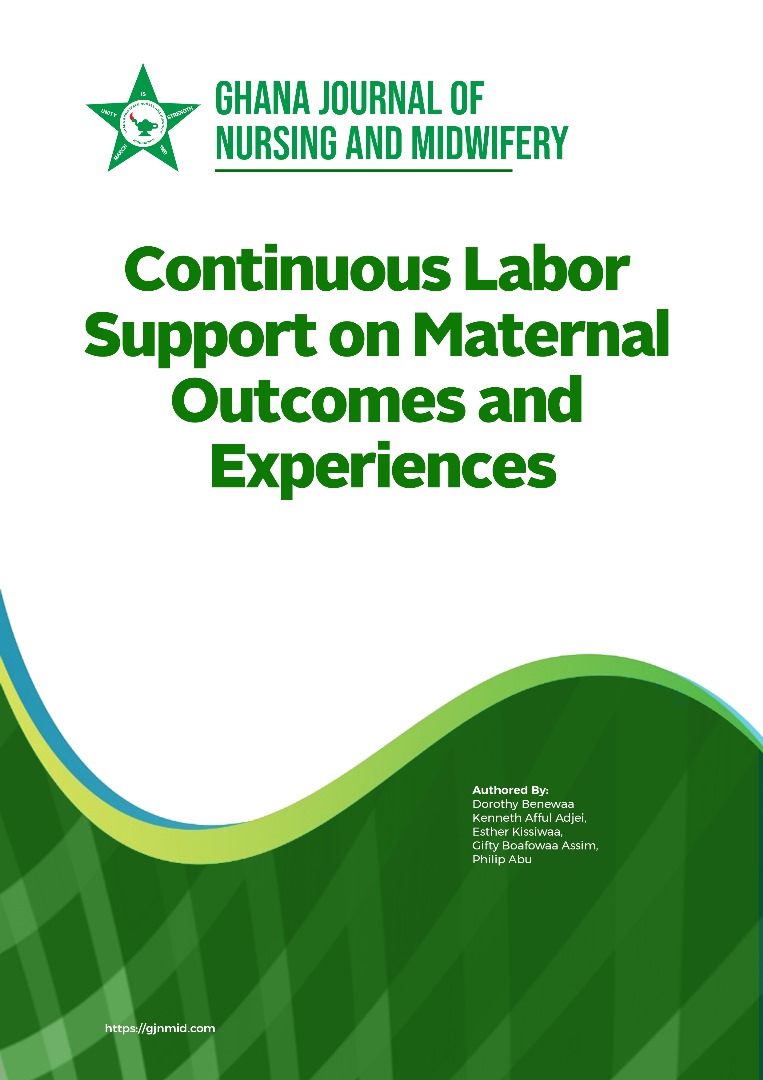Continuous Labor Support on Maternal Outcomes and Experiences
Main Article Content
Abstract
This analysis examines the impact of continuous labor support on maternal outcomes and experiences. Using a comprehensive literature review and thematic analysis of women's narratives, the study explores types of support, their effects, implementation barriers, and best practices. Findings reveal that continuous labor support, whether professional, trained, or informal, significantly improves physical outcomes and psychological experiences of childbirth. Key benefits include shorter labors, reduced interventions, and increased maternal empowerment. However, hospital policies, staffing limitations, and cultural norms often hinder implementation. Best practices include comprehensive training, integration into maternity care systems, and evidence-based policies. The analysis contributes to nursing and midwifery by providing a holistic view of continuous labor support, integrating evidence-based practices with real-world challenges. It highlights the need for culturally sensitive, personalized support options. Policy implications include revising hospital protocols, improving staffing models, and promoting supportive birthing environments. This work paves the way for future research on long-term impacts of empowering birth experiences and culturally-tailored support models.
Downloads
Article Details

This work is licensed under a Creative Commons Attribution 4.0 International License.
Copyright (c) 2024
This work is licensed under a Creative Commons Attribution 4.0 International License.






